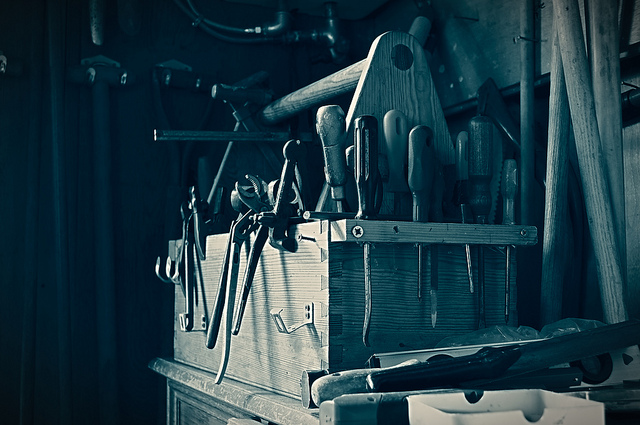
Every leader has a toolbox of techniques and tools that they use in order to lead. One of my most useful tool is without a doubt ‘questions’. In this post I will talk about how I use questions to lead.
To feed my curiosity
I believe that in order to be a good leader, there needs to at least a basic knowledge of what the other people are doing. There is so much to learn and one way of learning is to be curious. There are many times I ask, both myself and others, “How does this really work?”. Usually people are very helpful if you show that you take interest and really want to know.
To listen actively
Active listening is certainly not just about hearing but it is also about understanding what it means. It is all to easy to make assumptions or project our own opinion or idea on what other people are saying and this is neither fair nor without risk. I try to avoid misunderstandings by asking, “What do you mean when you say that?”
To reflect
I ask myself “how are things going?” all the time: for meetings, my own and others performance, team spirit, deliveries. I ask these question to myself to see if there are things I can do better. But I also make a point to ask this to those around me as well. How did others feel the meeting went, the performance is, the team spirit is and if we will make that delivery. If you ask this question on regular basis, you will start to see trends and see if the things you do to improve things, really have any effect.
To involve
There is just no way I know everything that shall be done or how all these things shall be done. I do however have people around me that have very good ideas for what to do and how to do things. In order to tap into these ideas I ask: “What else shall we do?” or “How do you think we shall do?”. I do this both in one on one discussions and occasionally we have organised brainstorming sessions.
To follow-up
As a project manager this is something that is necessary to do, to make sure that things are started and done. I have to say that this is probably what I like the least. It can sometimes feel like I am nagging (and I probably am) to get things happening.
To make a point
This is also referred to as a rhetorical questions and can sound like this. “We have to improve the quality. Do you not want a product that we can sell?” This does not always require an answer but it will emphasis the message.
To question
Of course I use questions to question things, “Do you really think that is a good idea?”. This can sometimes be a bit blunt but sometimes I think it is needed. I usually follow-up with a question so that they have a chance to clarify their standpoint but at least initially (I can change my mind), we are arguing from two different sides.
In summary, questions are a powerful tool, not only to question things but to affirm, acknowledge and to release the potential in others. If used right, it shows that you care and that you take interest in what they have to say. I think it is a great leadership tool.
